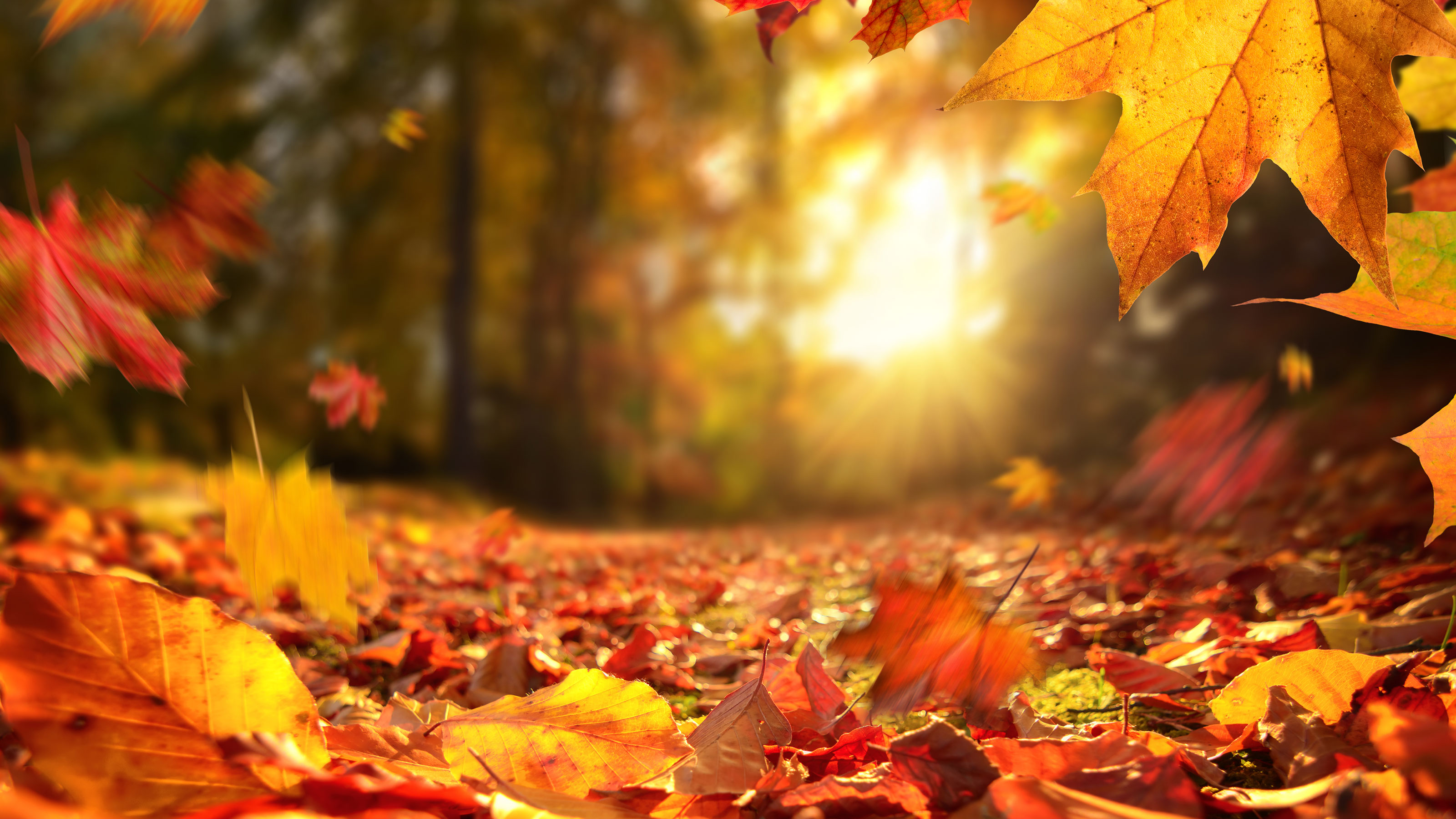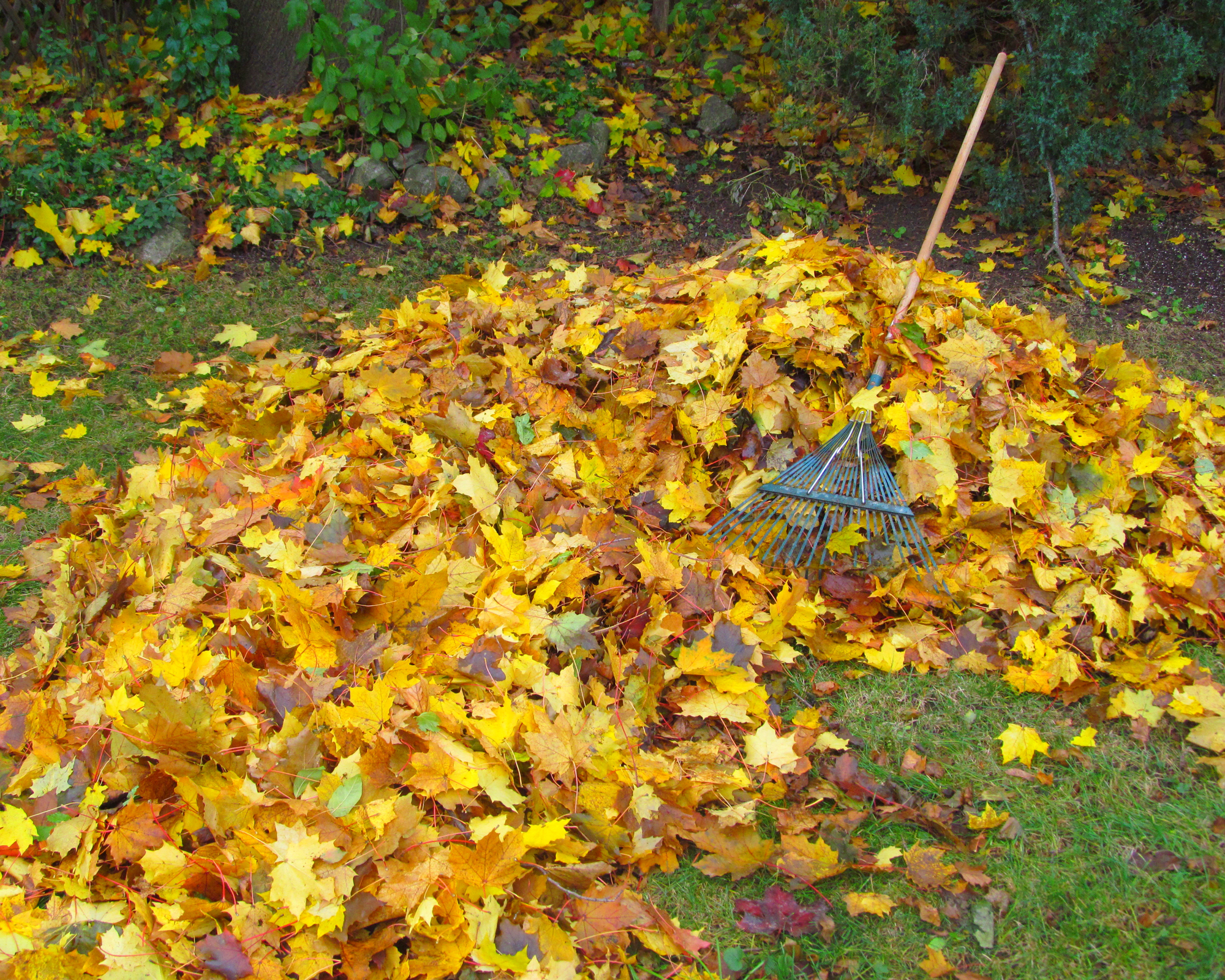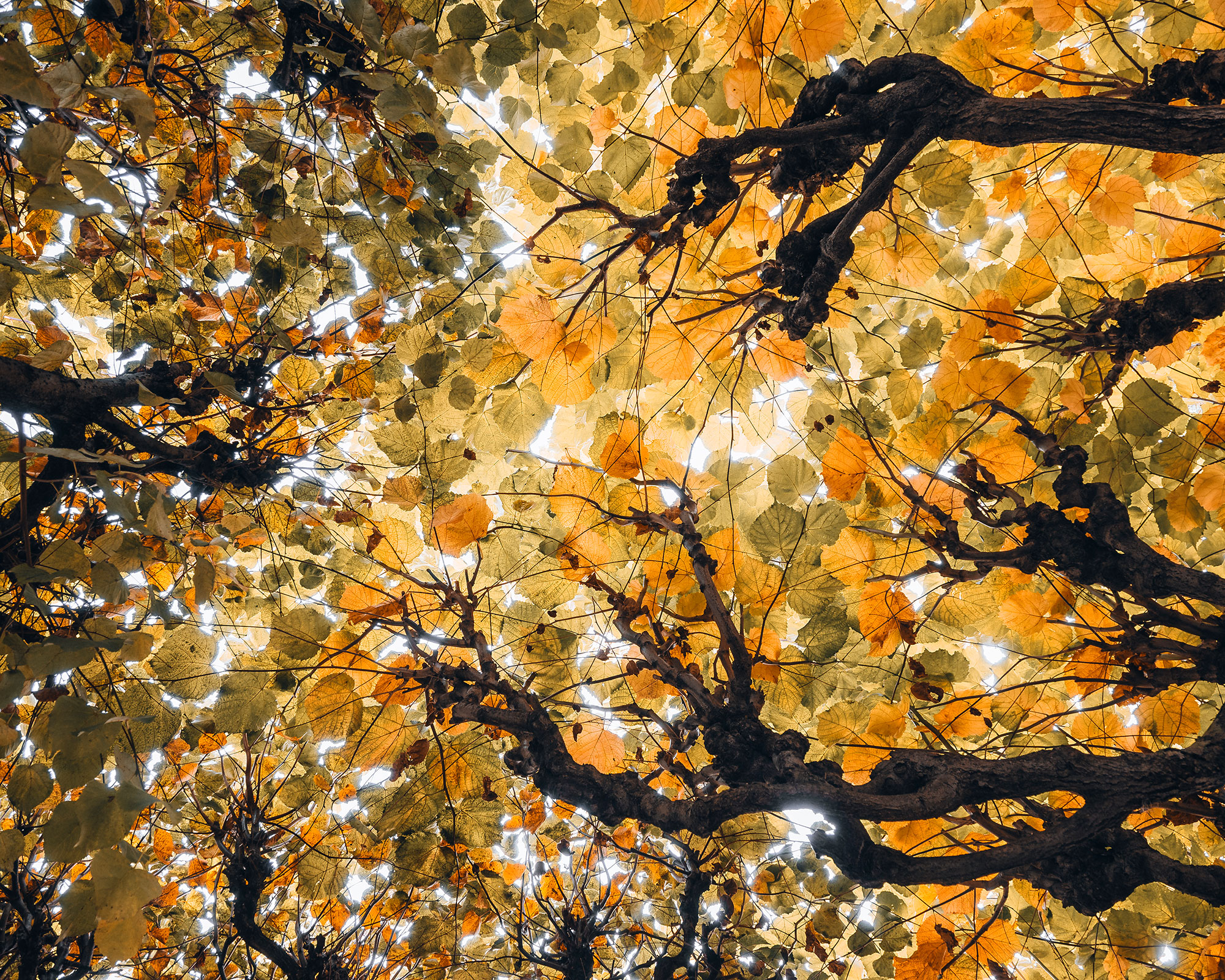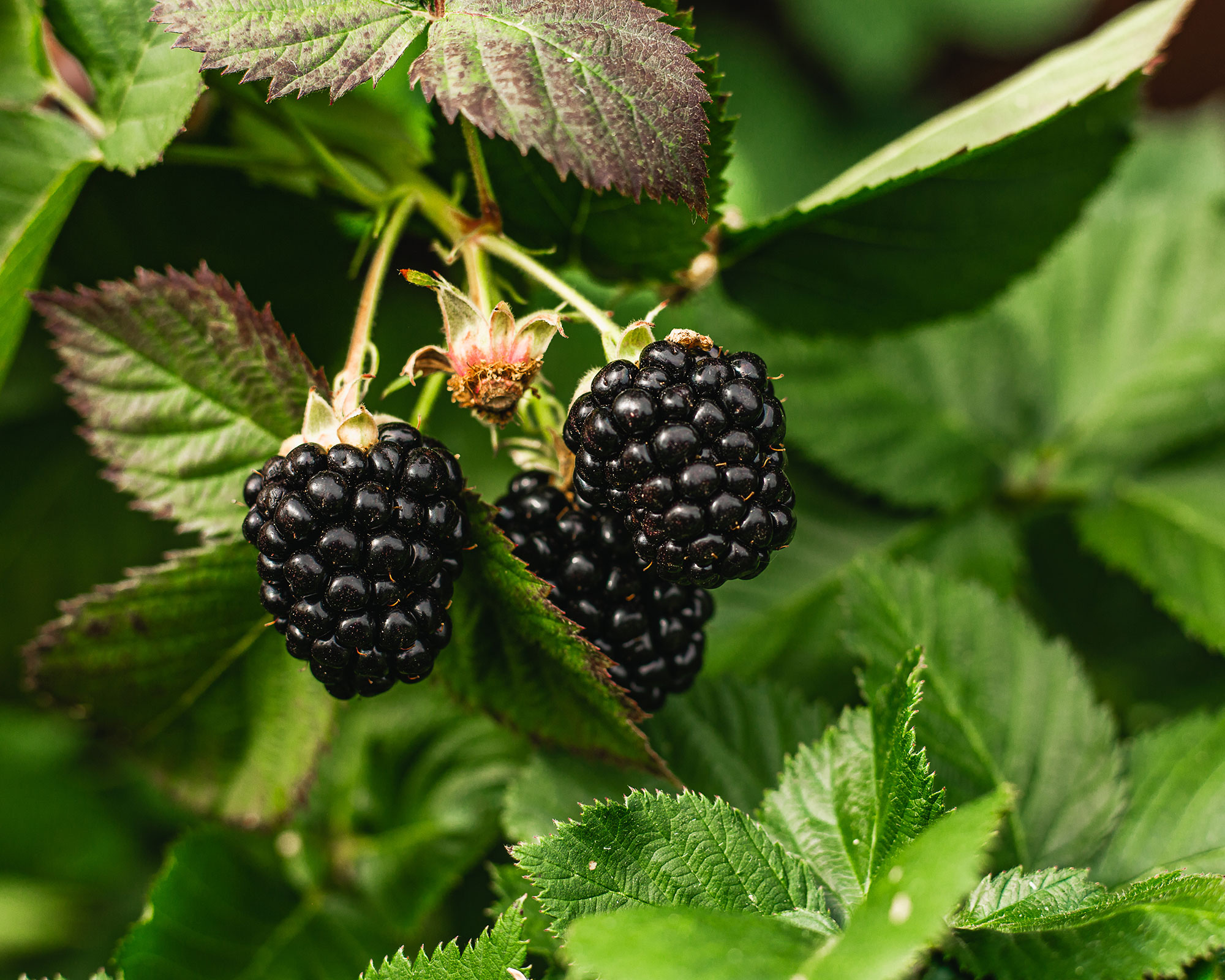What is a false autumn, and are we really suffering from one?
Experts are agreeing that leaves turning brown and falling off trees, fruits ripening quickly and blooms beginning to fade fast are all signs that autumn has arrived earlier than ever this year


Horticulture experts and scientists are worried by the signs that the UK and many other places appear to be suffering from what they’re calling a ‘false’ or ‘early’ autumn and our gardens are suffering as a result.
Fall began to arrive in August this year, following record hot temperatures and drought conditions. And this could have serious consequences for fruit crops, trees, ecology and wildlife gardens.
'Trees have been prematurely shedding their leaves, and the store of nuts and berries usually found in autumn could be severely depleted by October and November, causing a scarcity of food for birds and mammals,' says Sarah Hancocks, spokesperson for wildlife expert brand Vivara.

Stressed trees are a sign of a false autumn
The heatwaves of July and August, plus widespread droughts, have sent trees into survival mode. Leaves are dropping off or changing color already, much earlier than we would expect in a typical autumn.
Yellowing leaves and early leaf fall are key signs that trees are stressed and 'shutting up shop', says Leigh Hunt, senior horticultural advisor at the Royal Horticultural Society.
'It's giving the appearance that we're already in autumn, but the days are too long for those natural autumn processes to begin.'

Fruits ripening too soon
The Woodland Trust has also received its earliest ever report of ripe blackberries this year – from June 28.
This rapid ripening 'can spell disaster for wildlife', warns Woodland Trust spokesperson Fritha West, as trees with berries are essential for providing animals and birds with crucial food supplies before the arrival of winter.
'The record-breaking heat we have just experienced has helped bring on a number of early autumn events,' adds Fritha.
'We have received some of our earliest-ever ripe blackberry records from the south of England. Hawthorn and rowan are also ripening early in some parts of the country.
'Elder and holly have been recorded as fruiting earlier too. Both extreme temperatures and a lack of water can cause trees to drop their leaves earlier than we'd expect.'

Is there hope?
Whilst nothing can be done to halt the early ripening of crops and fruit, even fruit growing in pots at home, or trees that have lost only a few leaves with just a little bit of yellowing, should recover with enough rainfall, according to Leigh: 'If there's a lot of rain we might even see "a second spring" with trees putting on an extra spurt of growth.'
However, there is ‘a critical point’, when the tree can't replenish the water lost through pores in the leaves and will ‘literally desiccate’ or dry up.
In conditions like those seen recently, trees may react by producing more seeds – for instance, acorns – in an attempt to reproduce and survive into the future.

Jayne Dowle is an award-winning gardening, homes and property writer who writes for publications including Sunday Times Home, Times Bricks & Mortar, Grand Designs, House Beautiful and The Spectator. She was awarded the Garden Journalist of the Year accolade at the Property Press Awards in 2021.
